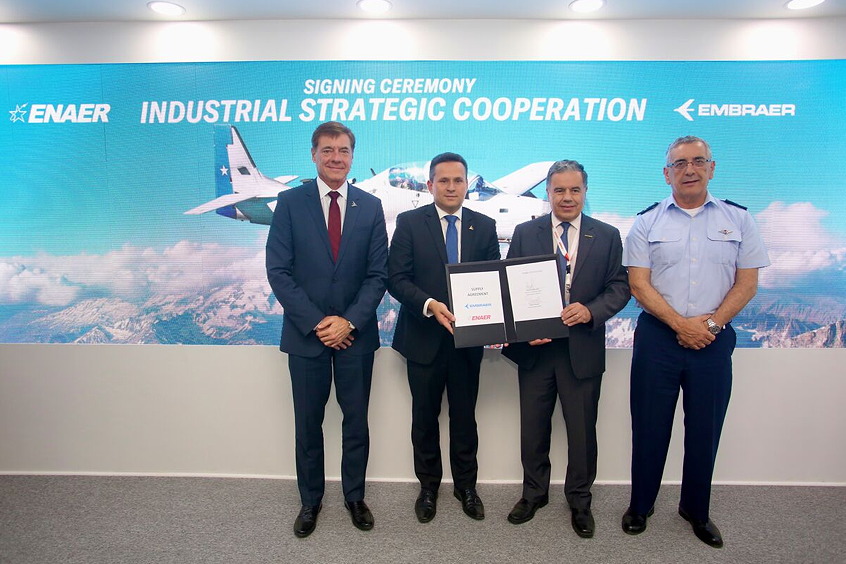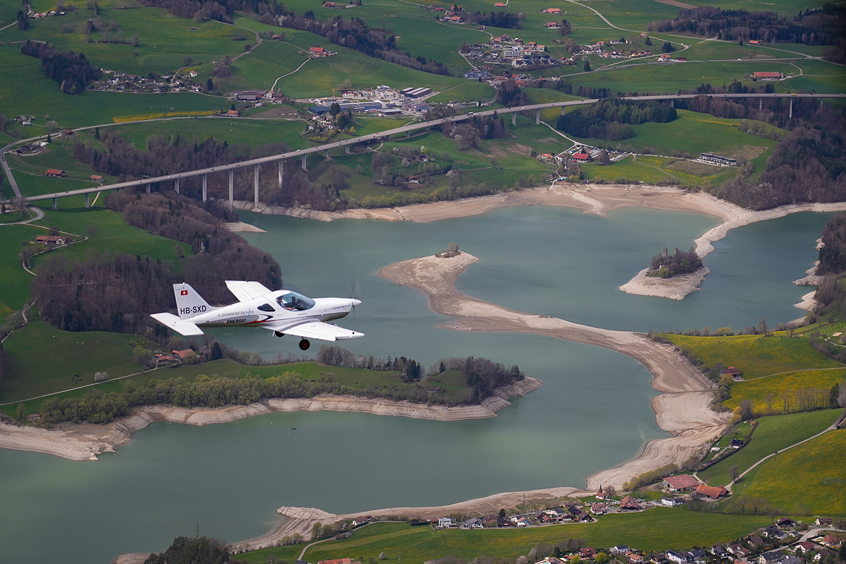The manufacturers and operators of business jets represented by the General Aviation Manufacturers Association (GAMA) and the International Business Aviation Council (IBAC) today hailed the agreement reached at the International Civil Aviation Organization (ICAO) on the first-ever standard to limit the emission of CO2 from aircraft. Following six years of technical work, governments, industry, and civil society stakeholders meeting under ICAO's Committee on Aviation Environmental Protection (CAEP) agreed to recommend the new standard for approval by the ICAO Council later this year.
Under the CAEP recommendation, the new CO2 emissions standard would not only be applicable to new aircraft type designs as of 2020 but also to new deliveries of current in-production aircraft types from 2023. A cut-off date of 2028 for production of aircraft that do not comply with the standard was also recommended. In its current form, the standard acknowledges that CO2 reductions are achieved through a range of possible technology innovations, whether structural, aerodynamic, or propulsion-based.
The CO2 standard recommended by CAEP does not apply to small aircraft with a maximum take-off mass (MTOM) below 5.7 metric tons, or to propeller-driven aircraft below 8.7 MT MTOM. The standard must now be approved by the ICAO Council and the ICAO General Assembly later this year and can then be implemented by national governments. It will mark the first time carbon emissions from aircraft have been internationally regulated, and the standard is one of the key pillars of climate action by the sector.
The standard will be reviewed periodically to increase its stringency in line with technology advancement. ICAO has a long track record of implementing similar standards in areas such as noise, safety, security and agreements on air navigation.
“This landmark environmental measure reinforces the industry's strong record of bringing to market technology that improves aviation's efficiency, and is an important part of our industry's commitment to address climate change,” GAMA President and CEO Pete Bunce said. “We owe a debt of gratitude to the technical experts from our manufacturers, our partners at IBAC, and the rest of the aviation industry with whom we have worked tirelessly at ICAO since 2010 to achieve this great result. Just as important, the new standard will allow aviation to continue to grow in a sustainable manner.”
IBAC Director General Kurt Edwards stated, “The CO2 standard is a significant step representing the commitment of manufacturers and operators of business aircraft to mitigating CO2 emissions. We welcome the results of the hard work by industry and government experts at ICAO, which are part of a wider range of efforts to reduce aviation's contribution to climate change.”
GAMA and IBAC also collaborated at ICAO with other aviation industry stakeholders through the Air Transport Action Group (ATAG).
The CO2 Standard is also a key milestone on the road toward this year's ICAO General Assembly and the development of a global market-based measure (GMBM). The CO2 Standard places an obligation on the manufacturers, and the market-based measure will do the same for airlines and other operators. Both steps are integral parts of the aviation sector's broader plan to cap CO2 emissions growth from 2020 and then halve them by 2050, based on 2005 levels.
| Contact details from our directory: | |
| General Aviation Manufacturers Association (GAMA) | Trade Organisations |
| Related directory sectors: |
| Trade Organisations |
Weekly news by email:
See the latest Bulletin, and sign up free‑of‑charge for future editions.

Bell Mexico delivers 800th commercial aircraft cabin

Chile's ENAER expands cooperation with Embraer

Eve names KAI as supplier for eVTOL pylons
